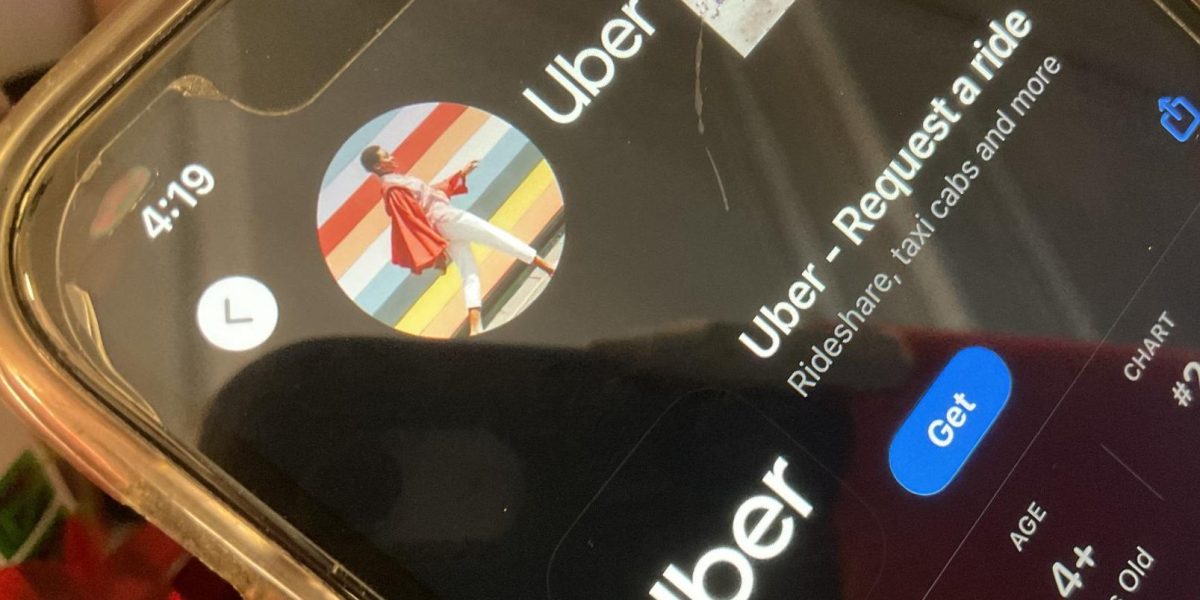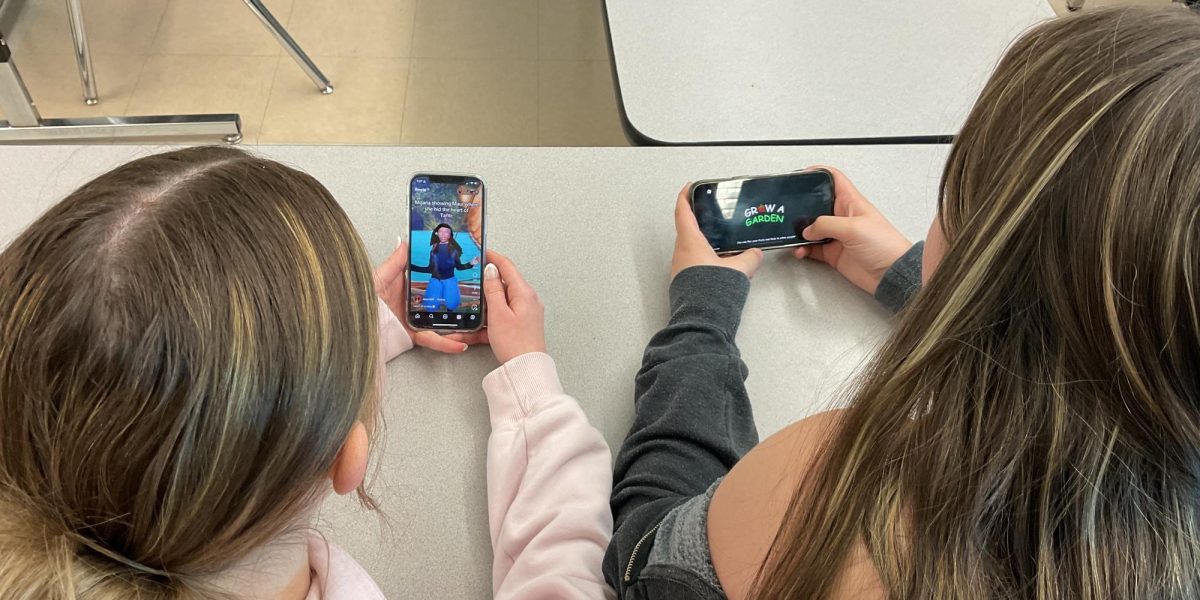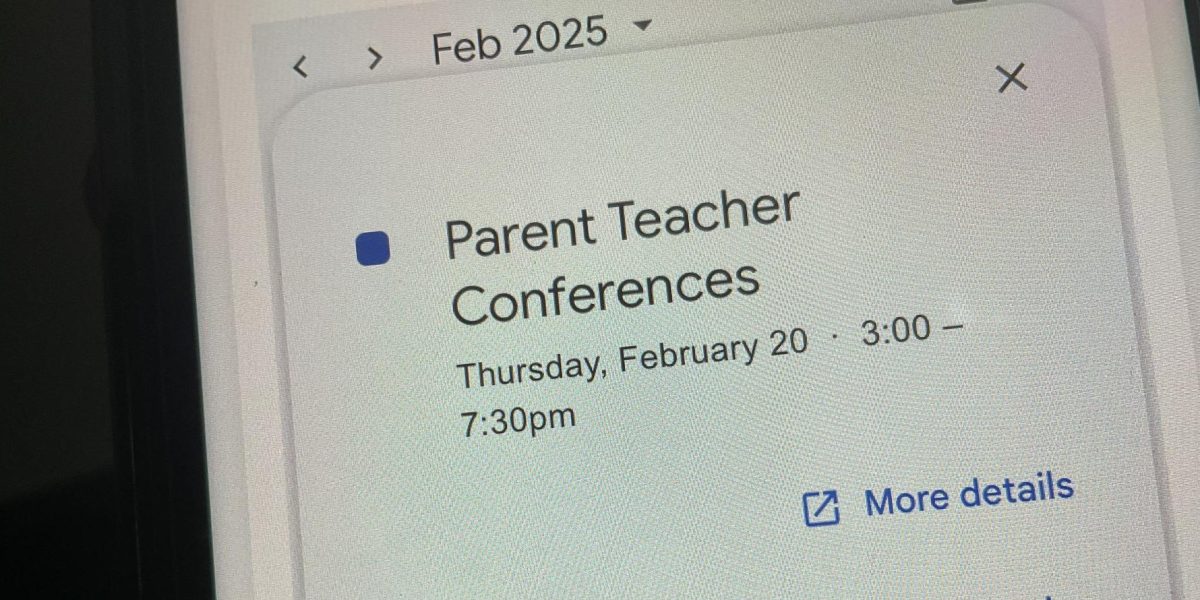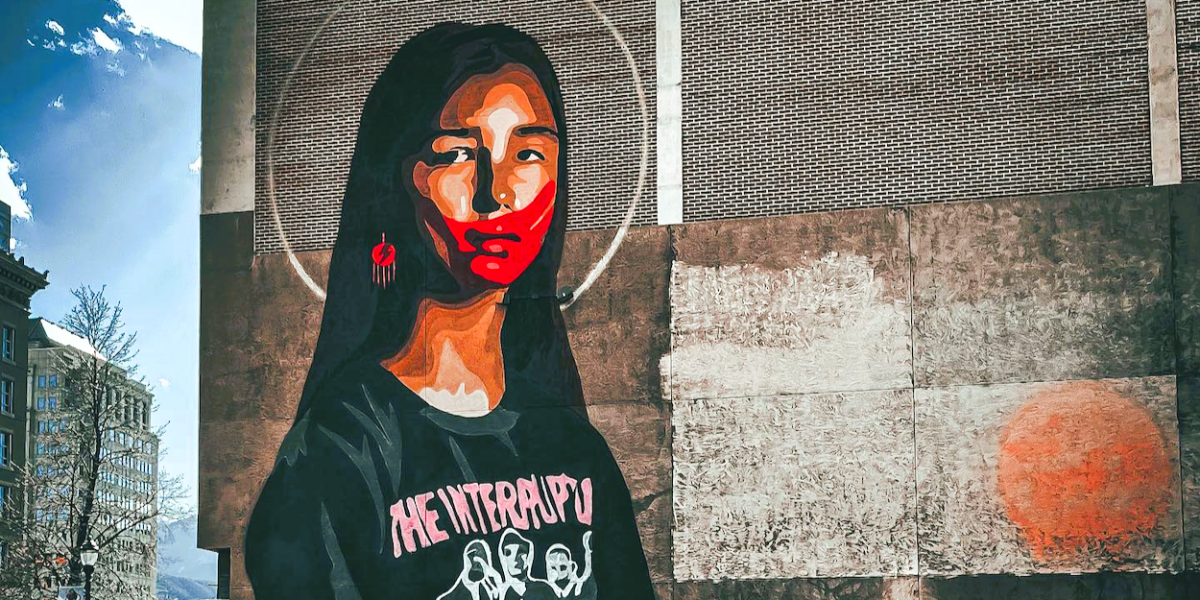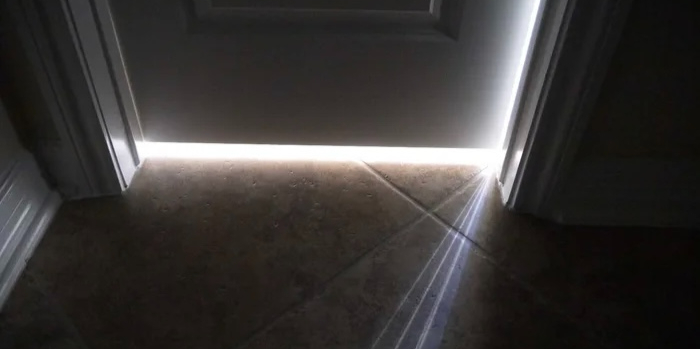How does Social Media Affect Your Mental Health?
Almost all of us have some sort of social media platform and it can very well take a toll on your mental health.
April 2, 2021
Social media is a public platform for anyone to post on, but how it is affecting teens mental health. On any social media you can be targeted for hate or made out to look like a bad person. As well as being able to compare everything you do to someone’s social media life and feel as though you aren’t good enough. Like it or not, using social media can cause anxiety, depression, and other health challenges
The social media platform Instagram made headlines last year for suppressing likes in an effort to lessen the comparisons and hurt feelings associated with attaching popularity to sharing content. Although this will not solve this problem it is a step in the right direction.
Social media has a large reinforcing nature that activates the brain’s reward center by releasing dopamine, this mainly happens when a post gets activity and likes because you feel recognized. According to the Pew Research Center, 69% of adults and 81% of teens in the U.S. use social media. This puts a large amount of the population at an increased risk of feeling anxious, depressed, or ill over their social media use.
The earlier teens start using social media, the greater impact the platforms have on mental health especially females. While teen males tend to express aggression physically, females express aggressive passively by excluding others and sharing hurtful comments.when their is Increased usage. The more time spent on social media can lead to cyberbullying, social anxiety, depression, and exposure to content that is not age appropriate. Social media increases the risk for harmful interactions. They also may suffer from the fear of missing out.
The Pew Research Center’s 2018 survey of U.S. teens determined that one in six teenagers have experienced at least one of six different forms of abusive behavior online. 20% of people who have at least one social media account feel as though they have to check them at least once every three hours to avoid feeling anxious or depressed.
Teens want approval and social media can give them that feeling. To be able to improve this, teens must limit their time on social media, understand how social media makes you feel, avoid falling into negativity, understand not everything you see on social media is real, and know the harmful signs on social media.

